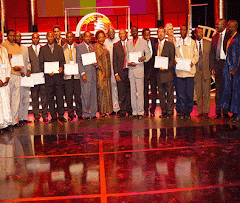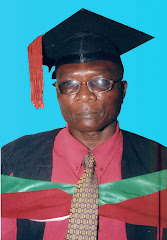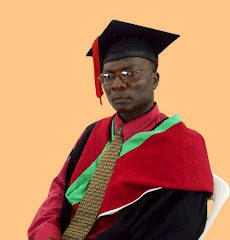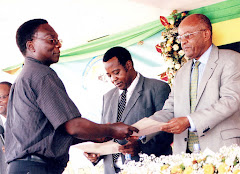Wednesday, November 15, 2017
Entropy is ruining EAC integration dream
The week was a mixed bag of fortune where Rwanda was
acclaimed by World Bank among the globe’s top 50 investment-friendly countries,
got ranked 4th globally by World Economic Forum among nations with the least
gender gap. However, these wins came amid regional body scratches. Although
body scratches taint the image of a beautiful car, they often don’t affect the
engine’s capacity to continue performing efficiently; for today, let’s have
this analogy in mind as we reflect on one neighbour’s rather messy megaphone
diplomacy campaign against Kigali. Rwanda has suffered countless body scratches
ever since it set out on its path to self-re-discovery, renaissance and
transformation; it is a path that has no space for the halfhearted as the
President said in a recent speech. It’s a path that requires full commitment,
to follow. Like body tattoos, these scratches are lined all over Rwanda but
they have never succeeded in stopping its engine from powering the country
towards its development agenda, this explains why, in spite of many setbacks,
this country has never lost its winning attitude. Also, these scratches are
inferior, compared to the deep scars of history sustained through the tough
battles to liberate this nation from the abyss. But entropy is one major
obstacle that stands in Rwanda’s way as it firmly continues walking the path
towards further transformation. To define it, entropy is a lack of order or
predictability of a situation, leading to gradual decline into disorder - one
thing Rwanda hasn’t had on its side is time. While for most countries, the
epoch of colonialism helped build firm economic foundations to support future
governments. In Rwanda’s case, colonialism instead of building, destroyed the
social stratum of the nation when it embarked on the campaign of sowing seeds
of ethnic hatred; the result wasn’t just a body scratch, it was a blow that
blew the engine causing a national standstill. The engine would be restarted in
July 1994, after bringing the car to a grinding halt from its mad rush down the
hill before it could hit the bottom potentially killing everyone onboard. The
survivors of that national tragedy have since been running a game of catch-up,
building from almost zero. As the life-span of Rwandans rose above 70 years of
age, that of regional fortune continues to suffer, often dying before the age
of five, in many a neighbour’s case. With entropy entrenched in the region’s
politics, the spirit of planning for long-term development has suffered great
damage. EAC integration projects are among those that are suffocating
underneath the heavy weight and bad breathe of this regional entropy. On July
1, 2013, I wrote: “So when the trinity of Kagame, Kenyatta and Kaguta met in
Kampala last week, it was good news when Rwandans, Kenyans and Ugandans heard
that their leaders had discussed not politics but projects that would ease
trade and increase business opportunities for them.” Thousands of words were
typed in positive commentary about the then ‘new hope for EAC regional
integration, the collaboration of the three states to invest in infrastructural
projects on the northern corridor and help East Africans move faster towards
their transformation. A secretariat was set up to coordinate these projects and
every quarter, Presidents of the three countries would meet to get updated by
their technical teams, to sign off things and command action on ready to
implement projects. In the media, we loved to call it ‘a new wave of political
will.” We all hoped. We all almost thought, after all, politicians can be
trusted. We though for once, they had added their respective national dreams to
create one big dream that would have space for all our aspirations. The dream
had even started expanding in all directions, spreading to South Sudan,
Ethiopia and at some point, DR Congo. Fast forward into 2017; the dream has
fazed. For all the positive commentary, it appears we were all in a slumber;
there was never a dream. I mean, what else would explain this tendency to move
five steps forward and then eight backwards? Thanks to our entropy, the real
issues that should concern the attention of our governments have been thrown
under the bus as focus shifted to domestic political squabbles. In Kenya, a
second presidential election in two months was concluded recently but a 3rd
might be on the cards and demos have brought business to a standstill including
in Mombasa where at least 30 percent of Rwanda’s external trade is processed. No
one is talking about the Standard Gauge railway anymore; there’s no more talk
about developing infrastructure that would connect the three countries to and
enable Rwanda to buy additional electricity from Kenya and Ethiopia. There’s no
talk of the joint oil refinery investment; nothing. The last time our leaders
met over this business was in April 2016. It is almost 2018; seven meetings
skipped without explanation and I hear some partners have even developed new
ideas, totally different from the agreed to direction; a classical example of
entropy.
SOUIRCE: DAILY
NEWSPAPER
Subscribe to:
Post Comments (Atom)










No comments:
Post a Comment